What Nutrients Do Plants Need and Can I use Kitchen Scraps as Fertilizer?
These are two questions we hear a lot from beginner indoor gardeners. When growing plants indoors in an artificial environment, you will typically need to supplement their nutritional needs…so they can supplement yours! So learning a little bit about plant nutrients is helpful, but it's also good to know what not to put in your plant pots!
Our Urban Leaf Liquid Plant Food 3-1-5 provides a gentle pH balancing boost for your seedlings, potted herbs and veggies, hydroponic systems, and even houseplants!
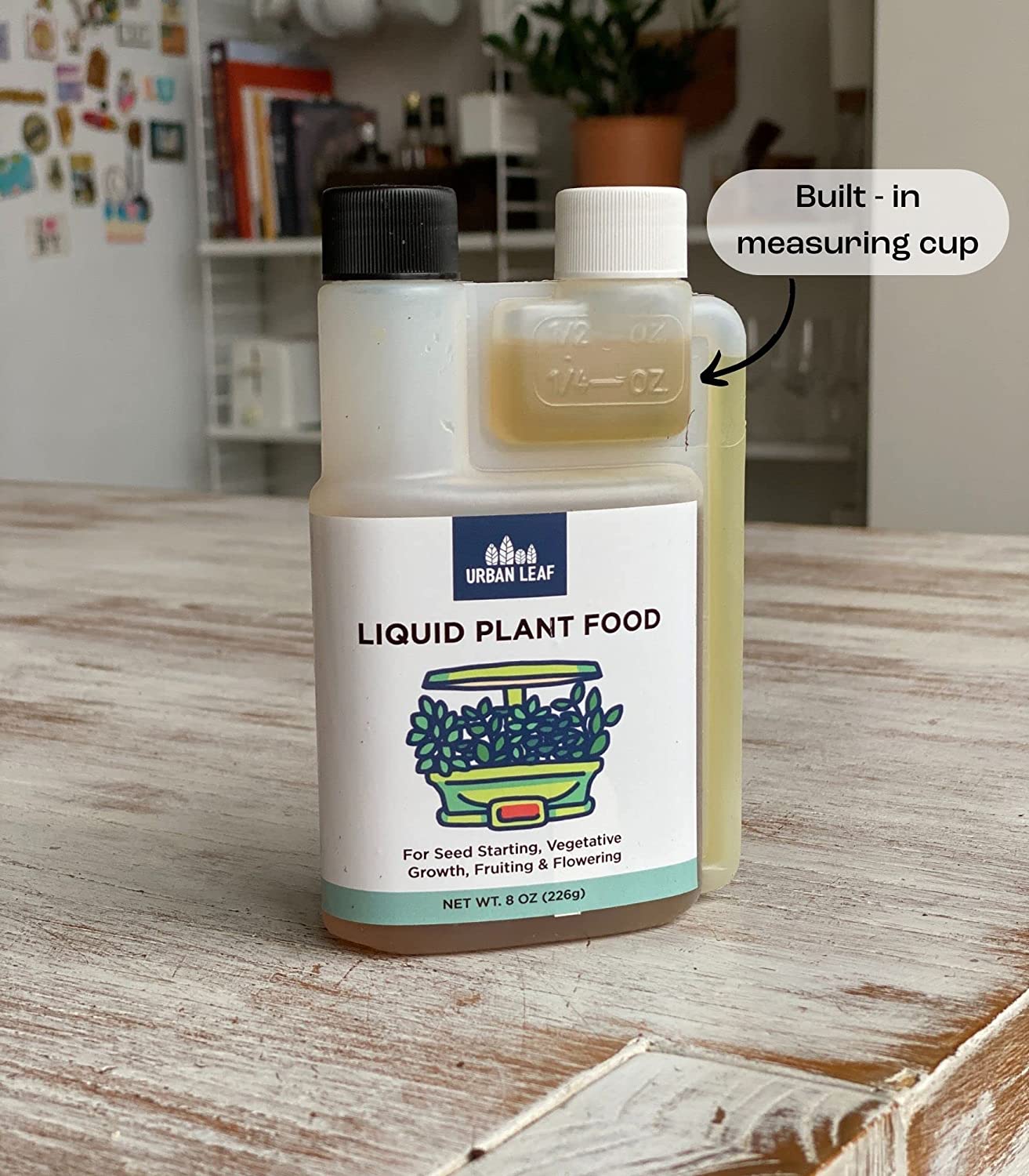
Important Plant Nutrients:
The most important nutrients for plants are nitrogen (N), phosphorus (P), and potassium (K). These three nutrients are typically represented as percentages on a fertilizer bag (called the guaranteed analysis). For example, a 20-20-20 all-purpose synthetic houseplant fertilizer contains 20% each of N-P-K and would be an example of a 1-1-1 ratio fertilizer. Most plants do well with a 3-1-2 ratio fertilizer.
Additional important nutrients include sulfur (S), magnesium (Mg), carbon (C), oxygen (O), hydrogen (H). In trace amounts plants also need iron (Fe), boron (B), chlorine (Cl), manganese (Mn), zinc (Zn), copper (Cu), molybdenum (Mo). Plants combine these nutrients with sunlight, air, and water to make their own food through the process of photosynthesis.
Stock up on Joyful Dirt, a mild soil conditioner and 4-9-8 fertilizer you can add to your potted herbs and veggies
Q: Can I put kitchen scraps such as coffee grounds, eggshells, and banana peels in my plant pots?
A: You will often see items such as coffee grounds, tea leaves, eggshells, or banana peels recommended as natural fertilizers. While any organic matter can be composted down into ingredients for natural soil conditioners (feeds the soil) or plant fertilizers (feeds the plant), the key is they need to decompose (at least partially) before you add them to potted plants.
As fresh organic matter begins to decompose – through the decomposition cycle – nitrogen can be immobilized by microbes in the soil, which can lead to a nitrogen deficiency in your plants. You could inadvertently cause a nitrogen deficiency in your garden or indoor plants by adding fresh kitchen scraps or undecomposed bark.
More importantly:
-
Un-composted kitchen scraps in your potting soil can also cause fungal or bacterial problems in your growing media, as well as fungus gnat, roach, or fruit fly or other insect problems! If you have ever scooped a bunch of coffee grounds into your potted plants and ended up with a mold problem, you know what we mean We do not recommend you use fresh kitchen scraps in your indoor herbs, veggies, or houseplants. Put your kitchen scraps in the compost instead!
- In general, don’t mix more than 10-20% decomposed organic compost, or other organic matter such worm castings, bat guano, rabbit pellets, in with your indoor garden or houseplant growing media, or you can end up with moisture management or pest and disease issues indoors.
Learn When & How to Fertilize your indoor herbs, veggies, and houseplants.

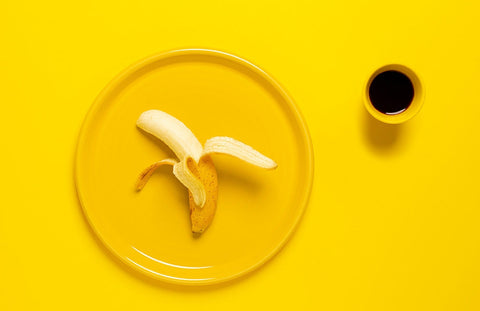

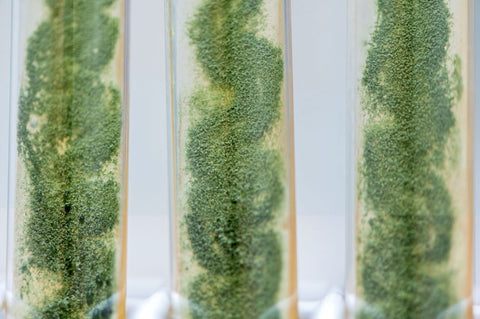
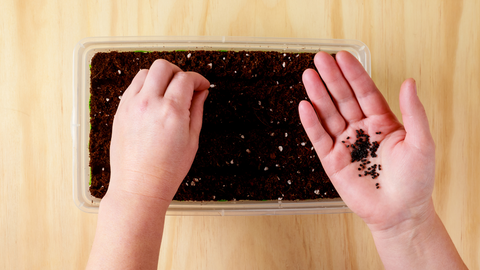


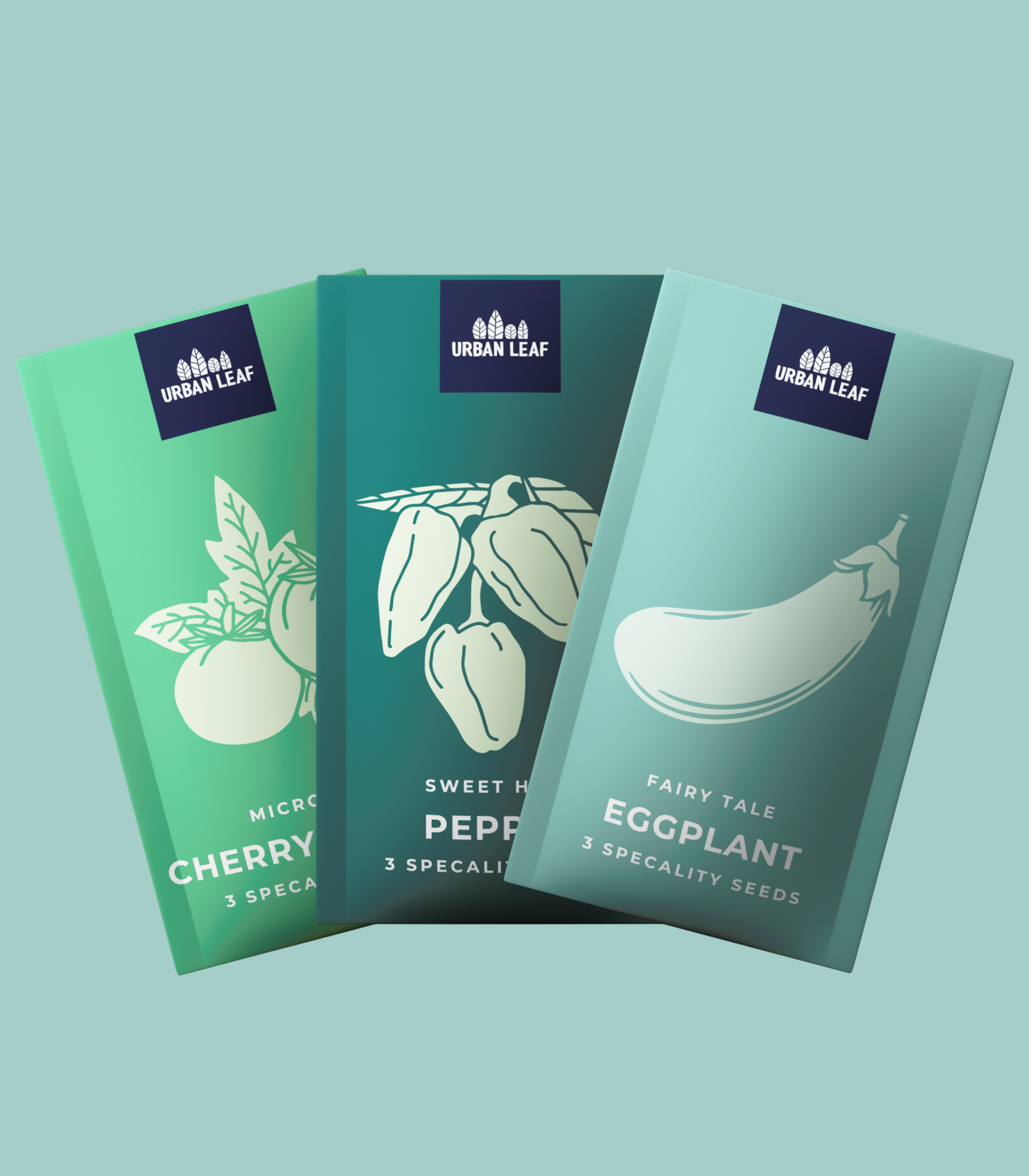
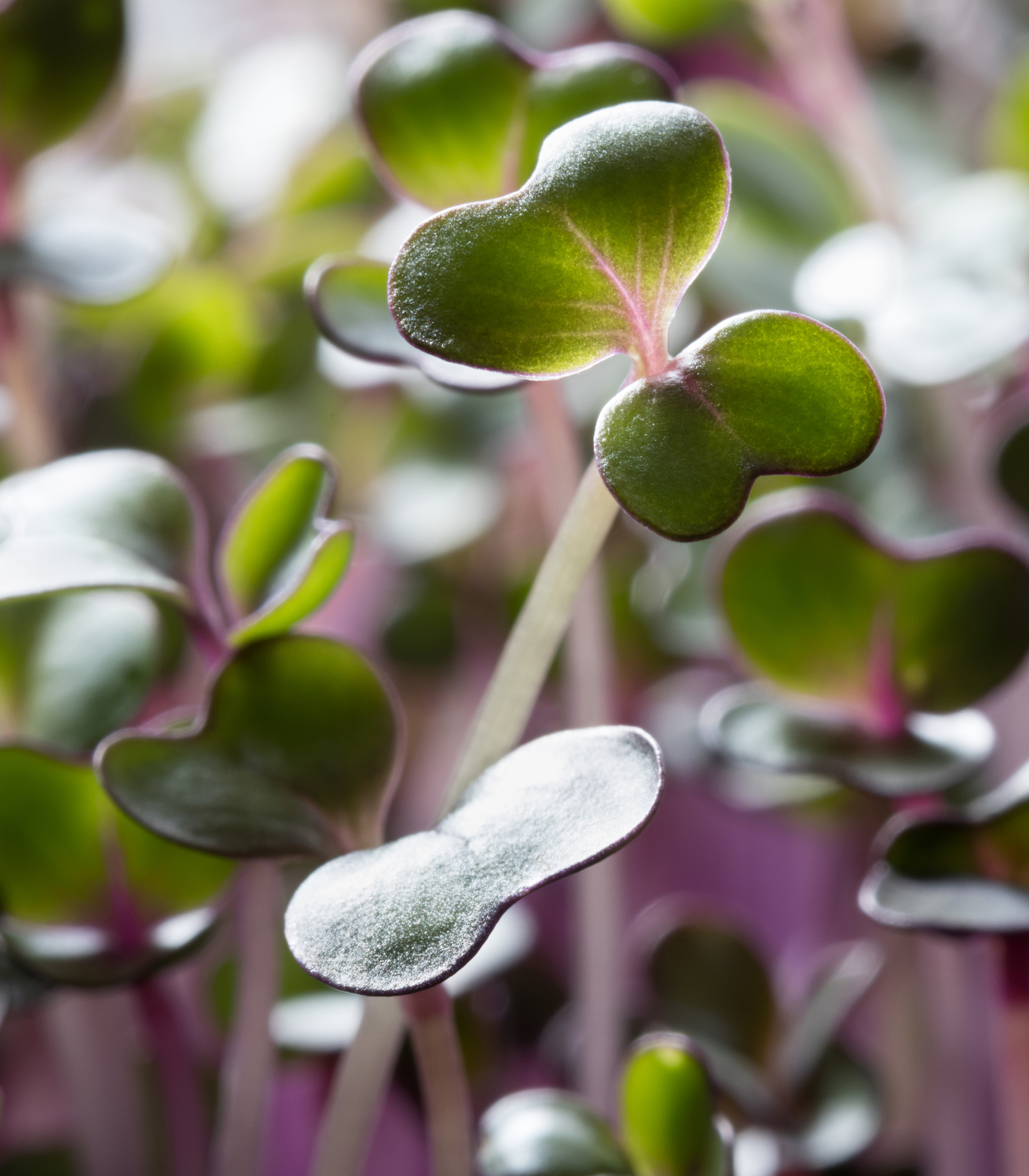
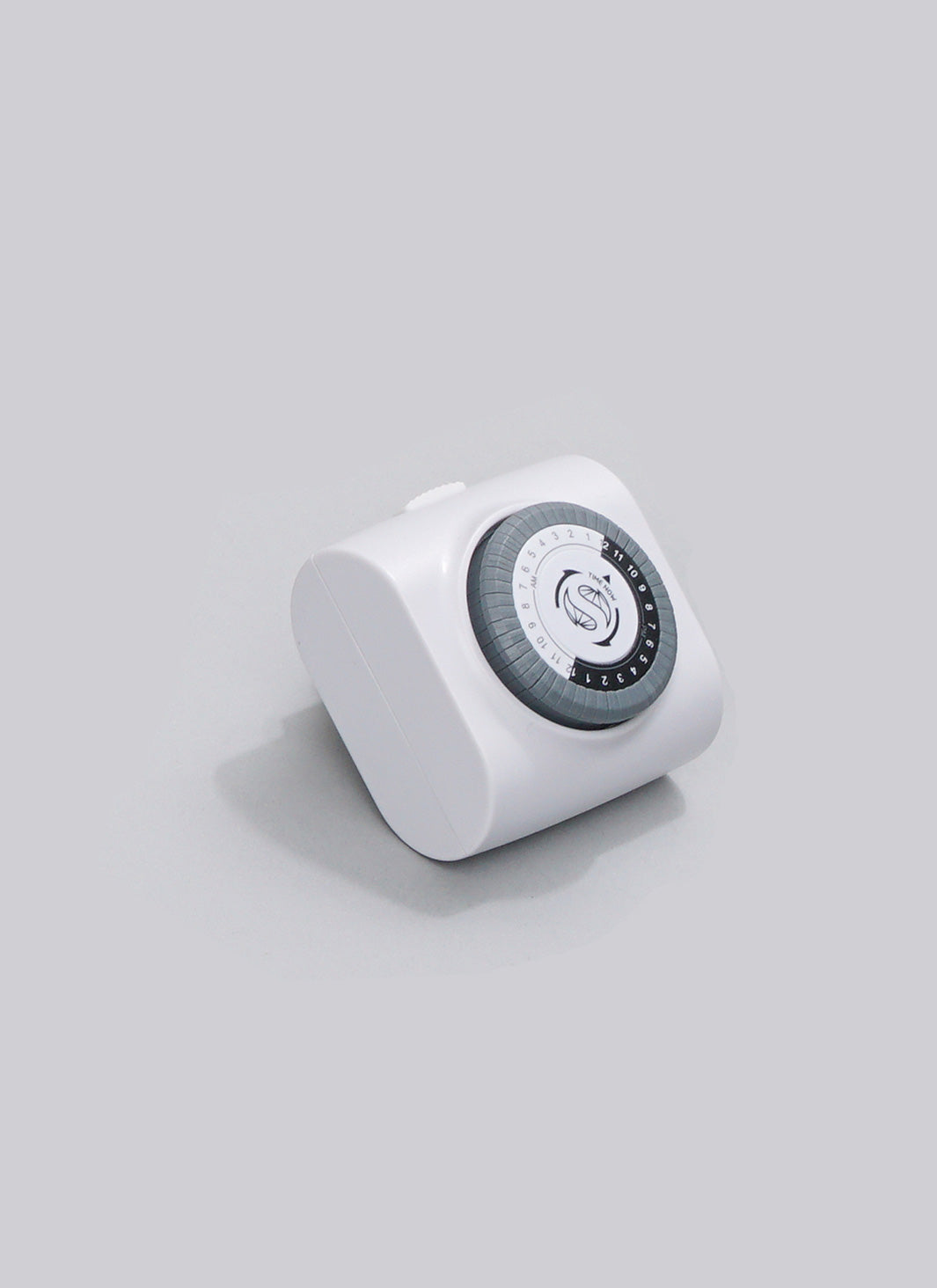

There are no comments for this article. Be the first one to leave a message!